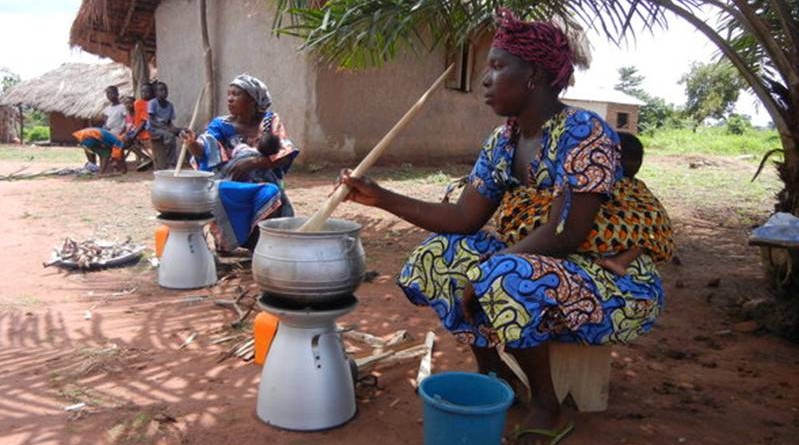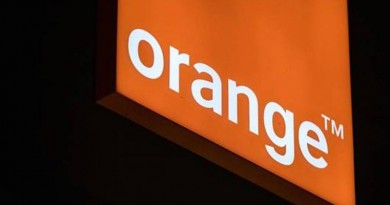A Colossal $4B Needed Annually to Close The Clean Cooking Gap for African Women
The Clean Cooking Summit, set to take place in Paris, will build upon the groundbreaking clean cooking initiatives launched at COP28. Co-chaired by African Development Bank’s President Dr Akinwumi Adesina, Tanzanian President Samia Suluhu Hassan, Norway’s Prime Minister Jonas Gahr Støre, and International Energy Agency’s Executive Director Fatih Birol, the summit aims to address the pressing issue of clean cooking access for nearly one billion Africans who rely on polluting fuels.
By providing clean cooking solutions, the summit aims to reduce the annual premature deaths of approximately half a million women and children. Additionally, it seeks to alleviate the burden on women and girls who spend up to five hours a day collecting fuel and cooking, hindering their educational, social, and economic opportunities. The summit also highlights the economic costs associated with the search for fuel wood, estimated at $800 billion annually, and the health costs amounting to $1.4 trillion.
With an annual investment of $4 billion, a fraction of the global energy investment, the summit aims to mobilize the necessary funds to ensure universal clean cooking access in Africa by 2030. By bringing together governments, development partners, private companies, and NGOs, the summit aims to generate concrete commitments and action-oriented strategies to accelerate progress in clean cooking initiatives.
Dr. Adesina has pledged the Bank’s full support and outlined a three-pronged strategy to achieve universal access to clean cooking in Africa. This strategy involves governments allocating a minimum of 5% of their annual energy investments towards clean cooking solutions, as well as multilateral and development finance institutions dedicating a significant portion of their annual energy financing to clean cooking solutions, including concessional blended financing and guarantees.
During COP28, Adesina announced that the Bank Group will allocate $2 billion for clean cooking initiatives over the next ten years. Additionally, he participated in a global effort to support the Africa Women Clean Cooking Support Program initiated by Tanzania’s President Suluhu Hassan.
Clean cooking projects are eligible for funding under the Climate Action Window (CAW) of the African Development Fund (ADF), which is the Bank Group’s concessional window for 37 of Africa’s poorest and most vulnerable countries. At COP28, the Bank Group launched its first call for climate adaptation proposals through the CAW, offering $258 million in mostly grant funding. This initiative aims to raise $13 billion to accelerate climate adaptation in ADF countries. The increased use of cleaner cooking fuels like electricity, biogas, and sustainable biofuels will not only enhance the health and well-being of women and children in Africa but also help preserve the continent’s forests.
A number of African governments have initiated proactive measures to expedite the adoption of clean cooking. In order to achieve this, Kenya has established a Clean Cooking Delivery Unit and implemented special electricity tariffs. Various stakeholders such as industry, international organizations, and multilateral fora will express their support for the attainment of clean cooking targets.
The commitment of the Bank to address the clean cooking crisis is in line with its High 5 priorities, particularly “Light Up and Power Africa” and “Improve the Quality of Life for the People of Africa.” As stated by Dr Adesina during COP28, providing access to clean cooking is clearly achievable in Africa. It is crucial to prioritize the preservation of women and children’s lives and facilitate a safer and more dignified cooking experience for women.




